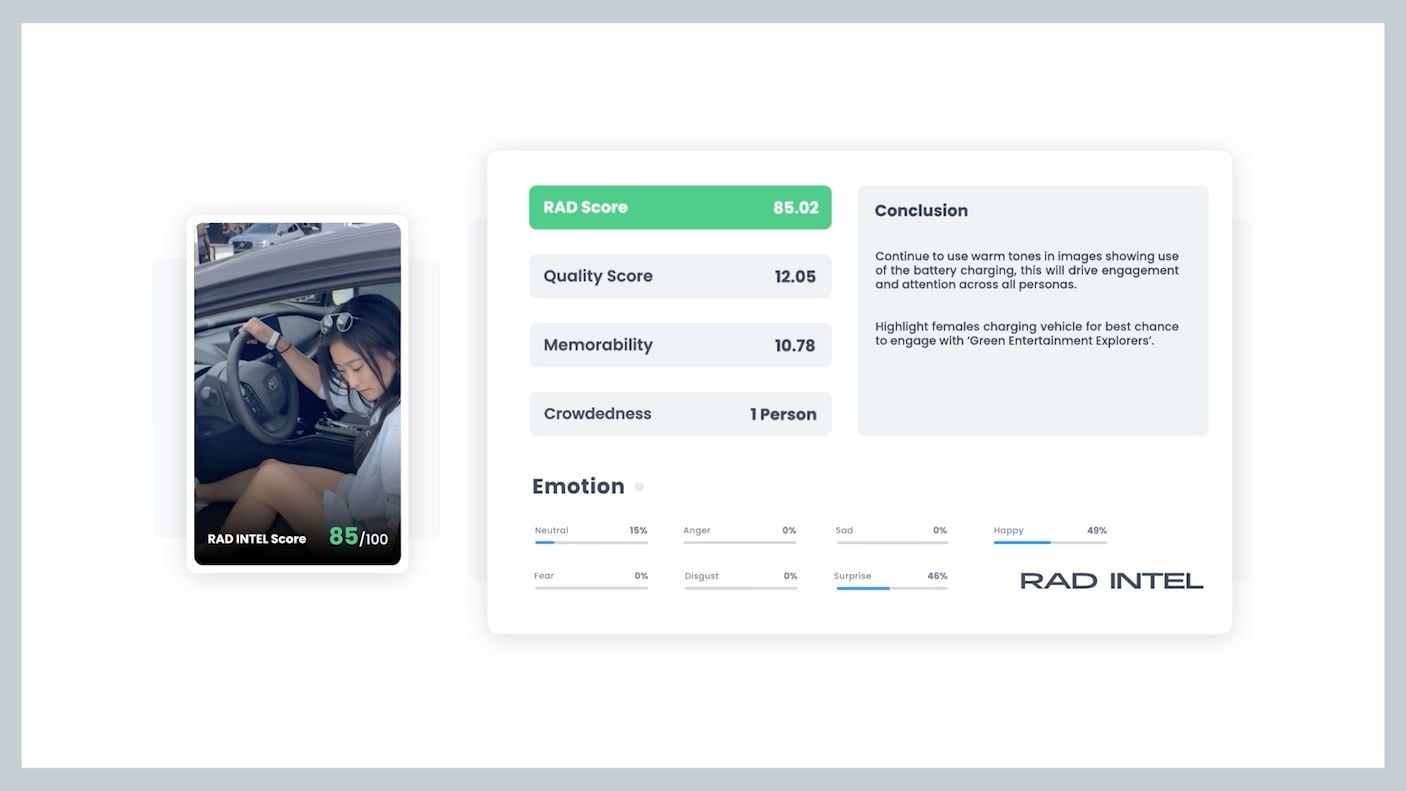With the Fourth of July holiday around the corner, Americans across the U.S. are looking forward to fireworks, cookouts, and a little summer down time. But oftentimes for their furry friends, this time of year means just one thing: stress.
As noisy fireworks and raucous parties get underway, the holiday has become prime time for companies slinging CBD products for nervous pets. But with so many products and so little regulation, it can be tough for well-meaning pet owners to know which products are safe and whether they actually work. Plus with party season in full swing, it's easier than ever for animal companions to get into their owners’ cannabis treats ー which can be toxic to pets.
Limor Senker is one pet owner who is sold on the benefits of CBD for her pet.
Senker’s 11 month-old Australian Shepherd was a very happy puppy. But as Dusty aged, she developed nervous habits, like anxiety that kicked off panicked barking around strangers, and barking and crying when Senker left the house ー hardly ideal ticks for a New York City pup. Senker did some research and discovered CBD.
“We noticed instantly a change in her,” Senker said.
The hemp-derived compound alone is thought to be nontoxic to animals, and it’s purported to have many of the same effects, like anxiety reduction and achy joint relief, on cats and dogs as on humans.
Health claims like those that attracted Senker have kindled quite the market for CBD-infused pet treats and care products. Spending on these specialized pet products is expected to hit $400 million in 2019, up from the $32 million consumers spent in 2018, according to exclusive data provided to Cheddar by cannabis and CBD-focused predictive market intelligence company, Brightfield Group. The firm expects the CBD pet product market to hit as much as $1.7 billion by 2023, accounting for about 7.3 percent of the total hemp-derived CBD market.
Companies like Denver-based Therabis, which was founded by a veterinarian, have emerged in response to a desire from pet owners to choose more natural alternatives for their pets’ emotional and physical health. Therabis offers supplements specifically formulated for itching, mobility, and calming ー which Therabis President Bob Rubin said is great for firework and thunderstorm season ー that are pre-portioned for different sized cats and dogs.
“There are no intoxicating effects whatsoever with our products,” Rubin said. “In situations where they would become stressed and maybe shake or want to go into the other room or even go under the bed, this just helps them be more social.”
Since Congress passed the Farm Bill in 2018, thereby de-scheduling industrial hemp, a rash of hemp-derived CBD products have surged onto the market ー oftentimes to the chagrin of the Food and Drug Administration. The FDA has not yet issued official regulations for the popular extract, but has warned against making unsubstantiated health claims about the compound (that years of prohibition have made it difficult to corroborate), as well as including it in food and drink for human consumption.
Similarly, veterinary organizations, like the American Veterinary Medical Association (AVMA), have been cautious about the compound, despite how seemingly ubiquitous it has become.
“We’ve cautioned our AVMA members across the country to be very careful when discussing CBD or any kind of marijuana products with their clients and their pets’ use of them, primarily because there has been virtually no research done on CBD oil, and there’s no regulation by the FDA, so we are not sure what could potentially happen,” said Dr. John de Jong, president of the AVMA.
Aside from the lack of research on potential effects of CBD for pets, the lack of regulation means pet parents using untested products could run the slight risk that THC ー the cannabis compound known for getting users high ー could make its way into a CBD treat.
“THC can be very toxic. It can cause paranoia in dogs, they can start panting and pacing. They can become very lethargic, very ataxic ー they can fall down, hurt themselves,” Dr. de Jong said.
In fact, cannabis toxicity is on the rise among pets as cannabis legalization sweeps the U.S. According to the Pet Poison Helpline, calls concerning marijuana ingestion have surged 448 percent in the past six years. The most common ways pets get exposed to cannabis is through secondhand smoke, or when curious cats and dogs get into cannabis flower or edibles around the house or on the street, according to the Pet Poison Hotline. Dr. de Jong recommends concerned pet owners call their veterinarians right away if they suspect their pet has ingested cannabis.
Despite the uncertainty, for some pets and parents the relief of CBD is enough to keep trying. Anxious Aussie Dusty has made tremendous strides since starting on a regimen of pure CBD-infused peanut butter and oil. Senker said that with her snacks and training, she is “almost there.”













